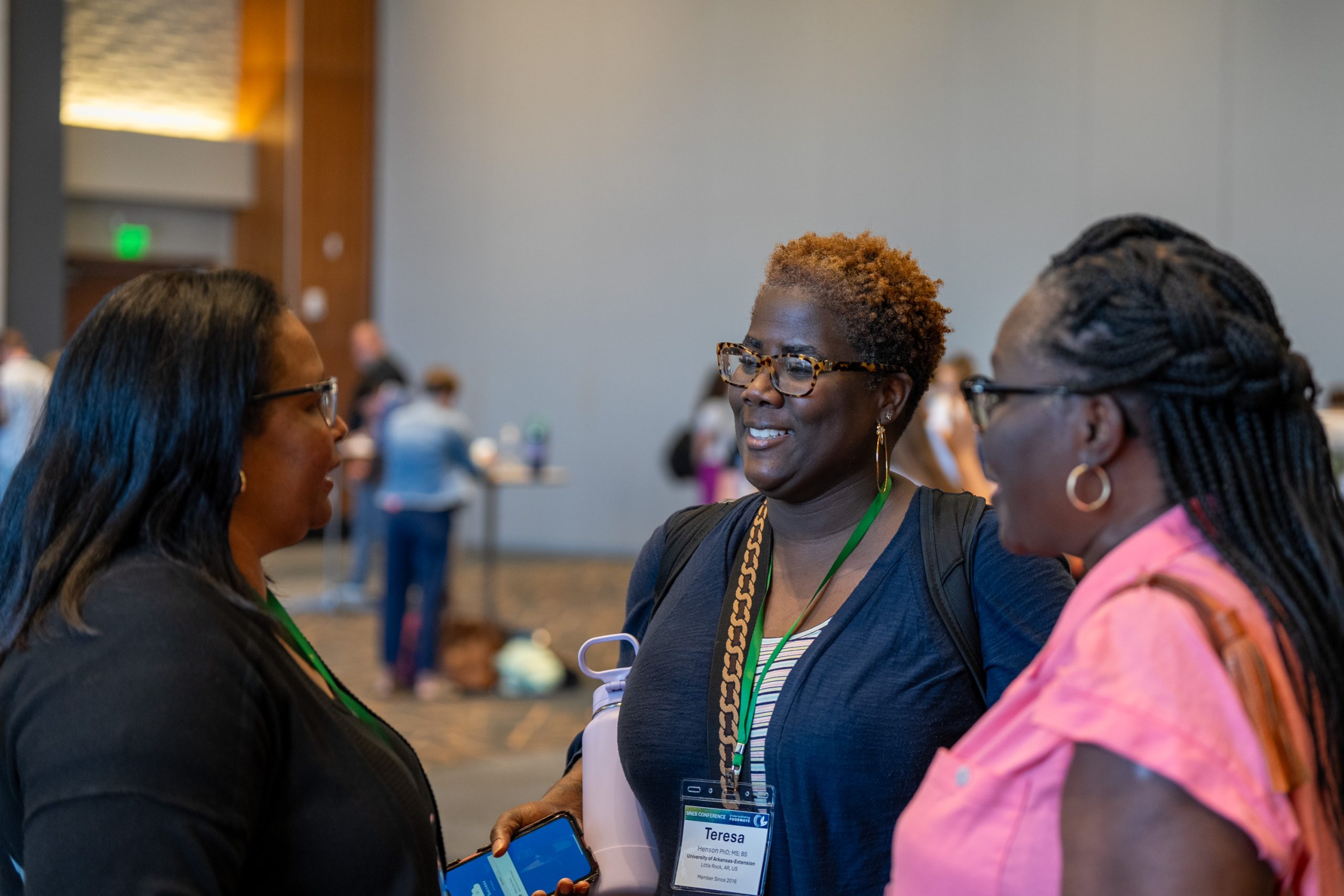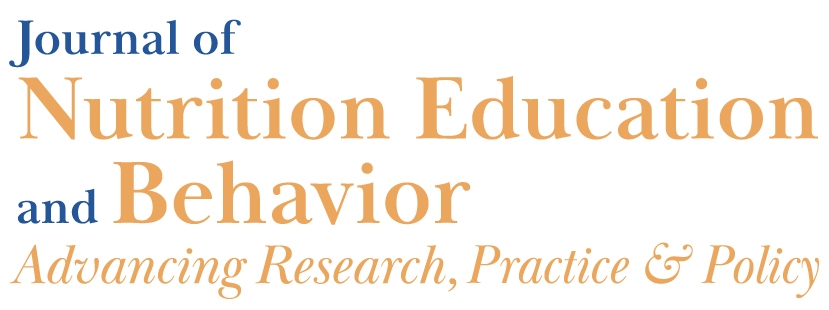SNEB Webinars
Your Gateway to Nutrition Education
Stay at the forefront of nutrition education with our engaging webinars, designed to connect you with industry leaders and cutting-edge insights. Whether you're a seasoned professional or just starting your journey, our live and recorded webinars offer valuable opportunities to learn and grow.




